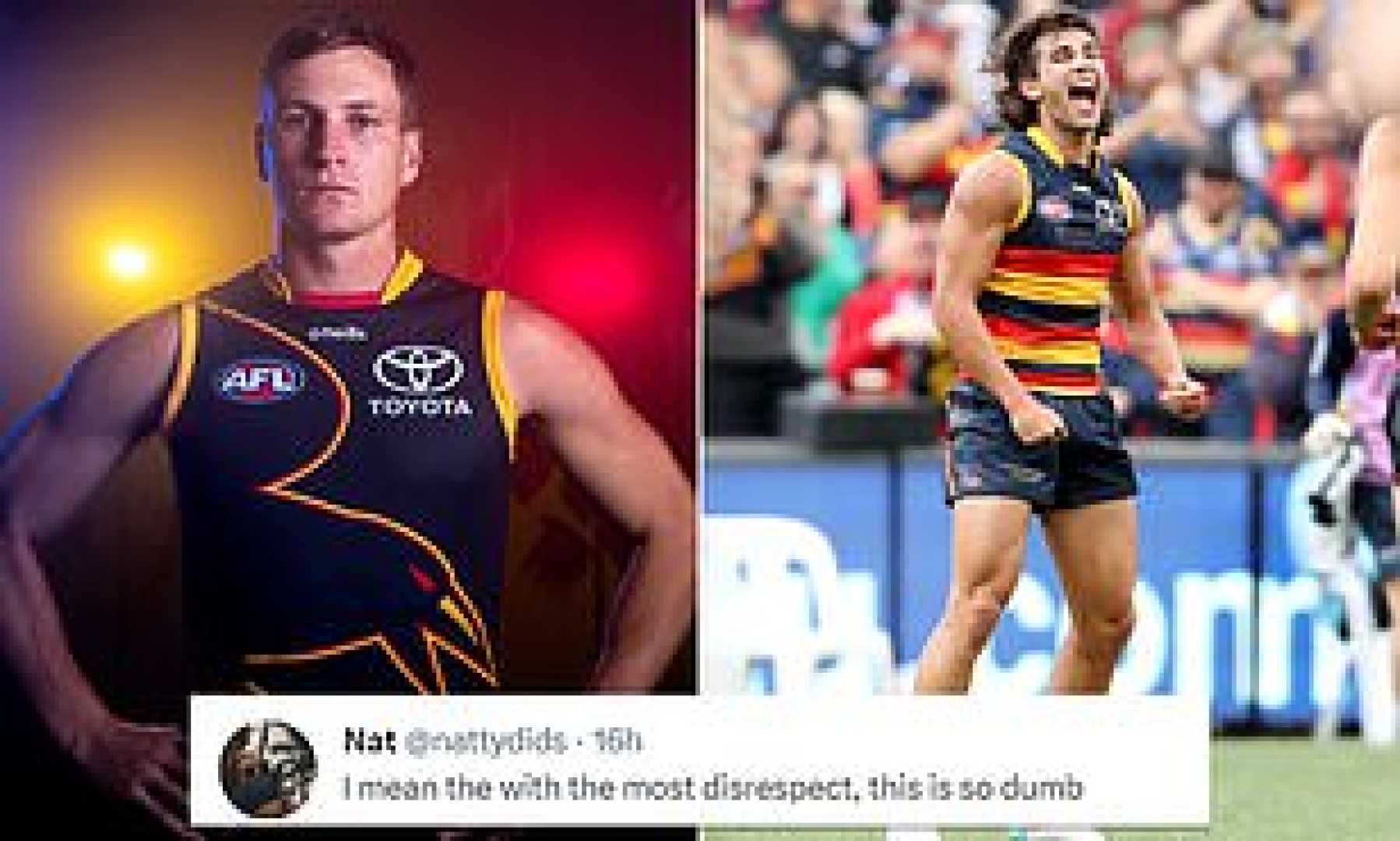News
GWS Giants Scandal Sparks Intense Debate on AFL’s Cultural Commitment

The recent GWS Giants post-season function has sparked widespread outrage and disappointment within the Australian Football League (AFL) community, particularly among women. The incident, which involved inappropriate conduct by several players, has drawn attention to the deeper cultural issues within the sport and the perceived inadequacies in how such matters are handled by the league.
AFL Chief Executive, Andrew Dillon, condemned the behavior as “completely unacceptable.” Speaking to ABC Sport, former AFLW All Australian and football commentator Kate McCarthy highlighted a concerning lack of public understanding surrounding the issue. “I’m kind of noticing online that people don’t actually get what the problem is, which is the most disappointing part,” McCarthy stated. She warned of the dangers that “harmless jokes” pose when they trivialize serious issues like sexual violence.
The scandal involves a series of costumed appearances and actions by players that were deemed highly inappropriate, including Josh Fahey, who received a four-game ban for impersonating former NRL player Jarryd Hayne in a manner suggesting insensitive references to previous legal issues. GWS AFLW captain Rebecca Beeson expressed the distress caused within the women’s playing group, emphasizing the importance of maintaining public discourse on the responsibilities athletes hold. “As the AFLW playing group, we feel it is of great importance to stress that the behaviour that included references to gender-based violence is completely unacceptable under any circumstances,” Beeson stated.
Criticism has also been directed towards prominent figures in the AFL media for their silence on the matter. “That’s the most disappointing thing,” McCarthy said, noting the absence of commentaries from popular journalists and sports personalities, which she believes would contribute to more rigorous accountability within the industry.
This controversy has highlighted broader issues within the AFL industry, with the AFL Players’ Association (AFLPA) questioning the league’s commitment to cultural reform and critiquing the procedural fairness of sanctions imposed on the players involved. AFLPA Chief Executive Paul Marsh pointed out what he described as a lack of consistency and an established “sanctioning framework.” “For many years, the industry has walked past this type of behaviour and accepted it as a part of footy culture,” Marsh stated, suggesting that comprehensive cultural reform is necessary.
Among the responses was a call from Our Watch CEO Patty Kinnersly who emphasized the critical role that sports figures must play in shaping community attitudes towards women and preventing gender-based violence. “Sporting codes, in particular male sporting stars, have a vital role in standing alongside the women in their lives — to lead and model respectful behaviour and advocate for change among their fans and across the community,” Kinnersly said.
The responses from various AFL entities underline an ongoing struggle within the sport to address cultural norms and the responsibility of all stakeholders, from players to league officials, to ensure a safe and respectful environment in and beyond the field.












